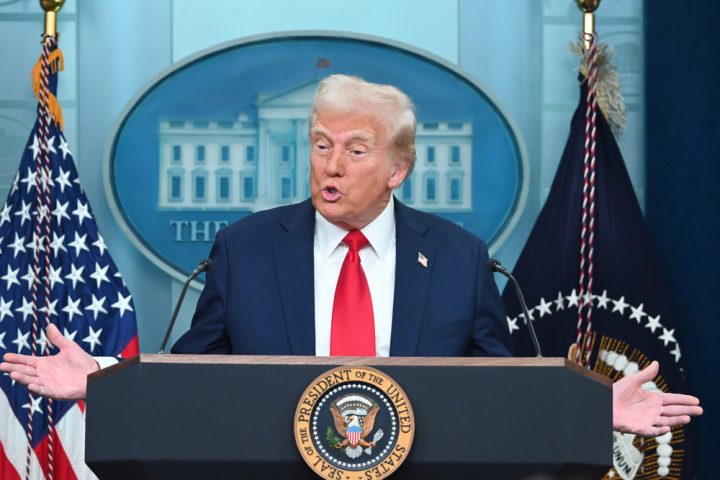The UK’s top business groups are scrambling to get onto an election footing and prepare their manifesto demands as Labour and Conservative election campaigns kick into gear. The surprise July poll caps off years of charm offensives from businesses towards the Labour Party, which has reopened communication channels after a frosty period under Jeremy Corbyn.
Lobby groups have been intensively engaging with both parties over the past months, but many were caught off guard by the snap election. They are now hurriedly finalizing their internal manifestos to publish next week. “All the intensive meetings have been done by this point, now it’s a case of hoping that the message has landed,” Andy Donald, comms chief at UK Finance, told City A.M.
The CityUK, UK Finance, and the British Chambers of Commerce have all expedited their manifesto publications to next week in hopes of influencing the electoral platforms of both parties.
Tax Roadmap
Among the chief concerns for the City is whether it will be squeezed as a cash cow to fund new government spending plans. In its manifesto, UK Finance will request a clear direction on tax policy towards UK financial services. Labour has committed to maintaining the corporation tax at 25% to offer businesses greater certainty, while the Conservatives, having hiked the rate to 25%, will want to show their support for commerce by keeping the corporate tax rate low. Additionally, the City has been calling for a cut to stamp duty on share trading, and any sign of movement from either party could win votes.
Worker Rights
Labour’s plans to overhaul workers’ rights have unsettled parts of the City. While few lobby groups have addressed these plans directly in their manifestos, businesses will seek clarity on the seriousness of the proposed changes. Reports suggest that measures on fire and rehire have been softened, and zero-hours contracts are unlikely to face a complete ban. However, workers are expected to gain rights to contracts reflecting their usual work patterns and full rights from day one.
City Reform
The government has been pushing through a major package of City reform over the past two years, but the early election has cast doubt on many flagship changes. For instance, the much-touted retail sale of the government’s stake in NatWest has been shelved. The Treasury’s response to the consultation on the British ISA, which was launched in March, will also be delayed. Labour has not commented on whether it will back these reforms if elected.
Access to Talent
Business groups have called for a proactive approach to bringing in international talent and boosting domestic talent flow. The OECD estimates that a lack of basic numeracy skills costs the UK economy £25bn annually. UK Finance and Innovate Finance have emphasized financial education in their pitches. Clarity on immigration policy will also be crucial, especially after the Tory party increased barriers for workers coming to the UK, with a skilled worker visa now requiring a minimum salary of £38,700 per year.
Relationship with the EU
While Rishi Sunak has smoothed ties with the EU, Brexit remains a drag on the economy and hampers firms’ ability to do international business. Starmer has promised to improve the relationship from 2025 without re-entering the bloc’s single market or customs union. Businesses seek clarity on future relations with the EU under both parties.
Stability
Businesses ultimately desire stability after eight years of turbulent British politics. Starmer has highlighted the volatility since Brexit, with five Conservative prime ministers in eight years contributing to low business investment. Greater stability under a Labour government, particularly if it wins a large parliamentary majority, could reduce investor nervousness. The Conservative party will pitch its potential to improve economic fortunes and the idea of “better the devil you know.”
The tax treatment of carried interest could be a contentious issue in the campaign. Carried interest allows private equity bosses to share in profits from asset sales while paying a tax rate of 28%, compared to the 20% rate on most capital gains. Labour threatens to increase the tax rate on carry to as high as 45%, aligning it with the higher income tax level. The British Venture Capital and Private Equity Association (BVCA) demands a rethink, emphasizing the need for the tax system to reflect the risks investors take with long-term capital investments.
These demands outline the key areas business groups and major companies will be focusing on in the manifestos of both parties as they head into the election.




